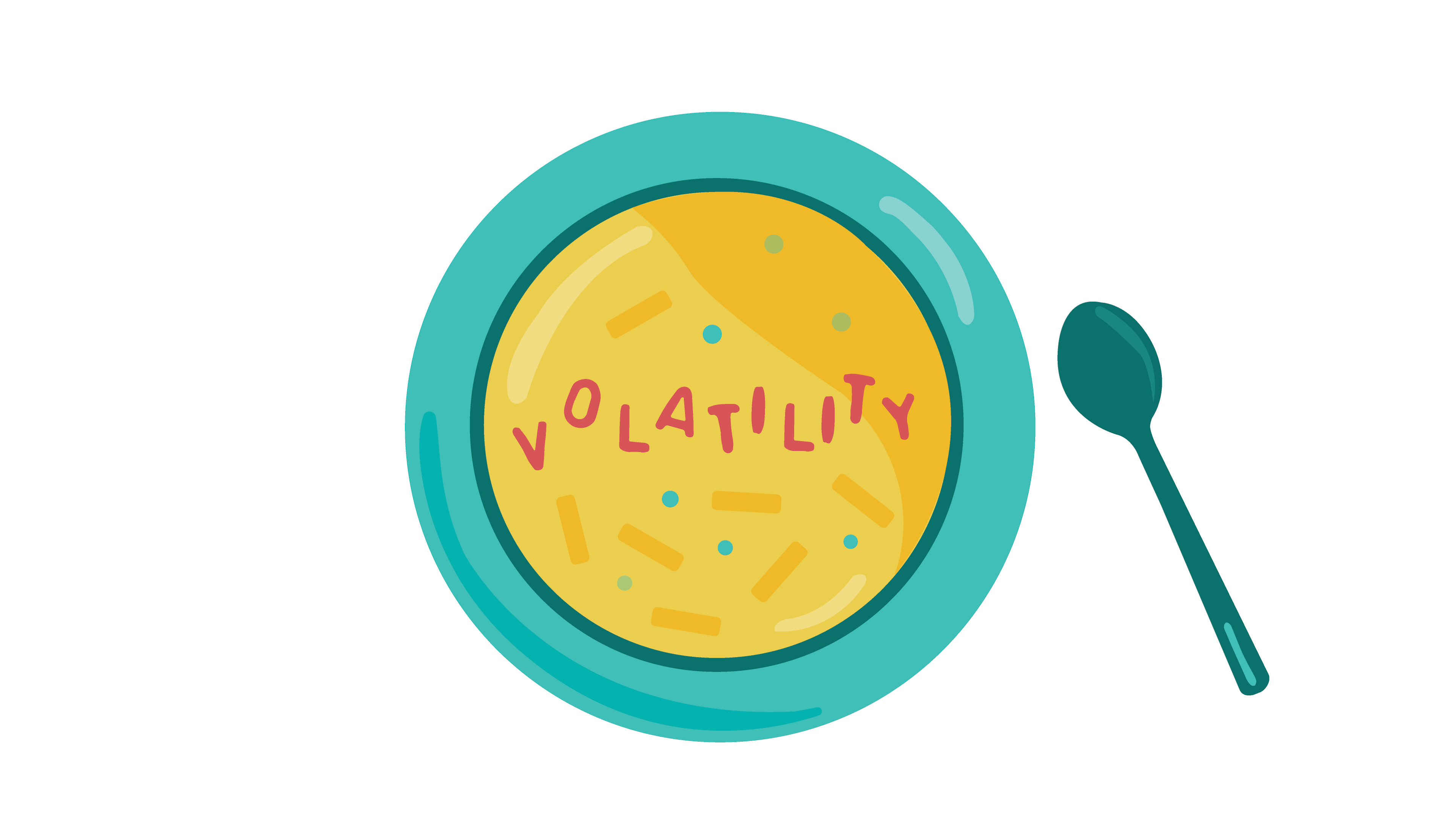Remember a time when you didn’t say “social distancing” and “flatten the curve” 25 times a day? Us either. And there’s a lot more where that came from. Because the coronavirus isn’t just affecting your health, where you’re working, and who you’re spending all your time with. It also affects the economy and your money. We Skimm’d the important financial terms you need to know to make sense of it all.
Administrative Forbearance: When the gov temporarily pauses your payments. Right now, this applies to anyone with student loans owned by Uncle Sam. Meaning you don’t have to pay anything – not even interest – unless you want to.
Bear Market: Opposite of a bull. The market’s going down, and investors are nervous. Fun memory trick: Bears attack by swiping their claws down.
Bull Market: The kind everyone likes. Bulls attack by thrusting their horns up...like prices in a bull market. No bullsh*t.
COBRA: When you stay on your employer’s health insurance even though you don’t work there anymore. There are rules, and it can be expensive. Because you’re covering the entire premium (instead of splitting it with your boss) plus admin fees.
Dow Jones Industrial Average (DJIA): 30 respected US stocks investors watch to gauge overall market performance. A group of WSJ editors decide which companies are in or out. If you hear ‘the market’s down,’ the Dow’s probably having a rough day.
Emergency Fund: A savings account just for surprise expenses. Think: losing your job or a surprise bill. Try to fill it with three to six months’ worth of take-home pay.
Federal Funds Rate: An important percentage that influences everything from inflation to what you pay to borrow money. The Fed might cut it to encourage people to borrow, spend, and invest more — and help boost the economy.
Federal Reserve: Aka the Fed, America’s central bank. Its main job is to keep the economy growing. Its go-to levers: adjusting interest rates, setting banking rules, and making sure you can access your money when you need it.
Furlough: When your company hits pause on your job and your paycheck until they can (hopefully) hire you back later. You might get to keep benefits like health insurance, and may even qualify for unemployment.
Hazard Pay: A little extra something your employer might offer if you work under physically or mentally difficult conditions.
Index: A group of investments used to ballpark how the broader market is doing. Basically, the yard sticks of the investing world. Names you should know: the Dow, S&P 500, and NASDAQ.
NASDAQ: A totally digital stock exchange. Also a nickname for the Nasdaq Composite: Mark Zuckerberg’s fav index (probably), which tracks over 3,000 mostly tech stocks.
Portfolio: All the investments you own (stocks, bonds, real estate, cash, etc.). Make yours like you would a donut: fat and well-rounded.
Recession: When the economy declines significantly for at least six months. Side effects include high unemployment, unhappy investors, and the Fed playing Coldplay’s “Fix You’’ on repeat.
Refinance: When you swap out a loan you already have for a new one with better terms. Like a lower interest rate.
Risk Tolerance: How much the idea of losing money makes you want to throw up. Knowing yours can help you pick the right mix of risky and less risky investments.
S&P 500: Tracks the value of 500 big US company stocks. Like the Dow, it’s a good indicator of what kind of day your friends who work in finance had.
Stimulus Package: A life raft the government throws the economy when it’s in danger of drowning. Some recent ones may have put more money in your pocket.
Supply and Demand: The relationship between how many people want something and how much of that ‘something’ is available. High demand + low supply = higher prices.
Take-Home Pay: A less fancy way to say “net income,” or the money that hits your bank account after taxes are deducted from your paycheck. Look at this number when budgeting and deciding how much is realistic to save.
Unemployment Insurance: Also goes by “unemployment benefits” or just “unemployment.” It’s money you can temporarily get from the gov when you lose your job. So you can keep paying your bills while you get back on your feet...and into a new role.
Volatility: Investments can be emotional. Volatility measures the frequency and severity of an asset's (or market's) mood (er, price) swings.
Subscribe to Skimm Money
Your source for the biggest financial headlines and trends, and how they affect your wallet.






